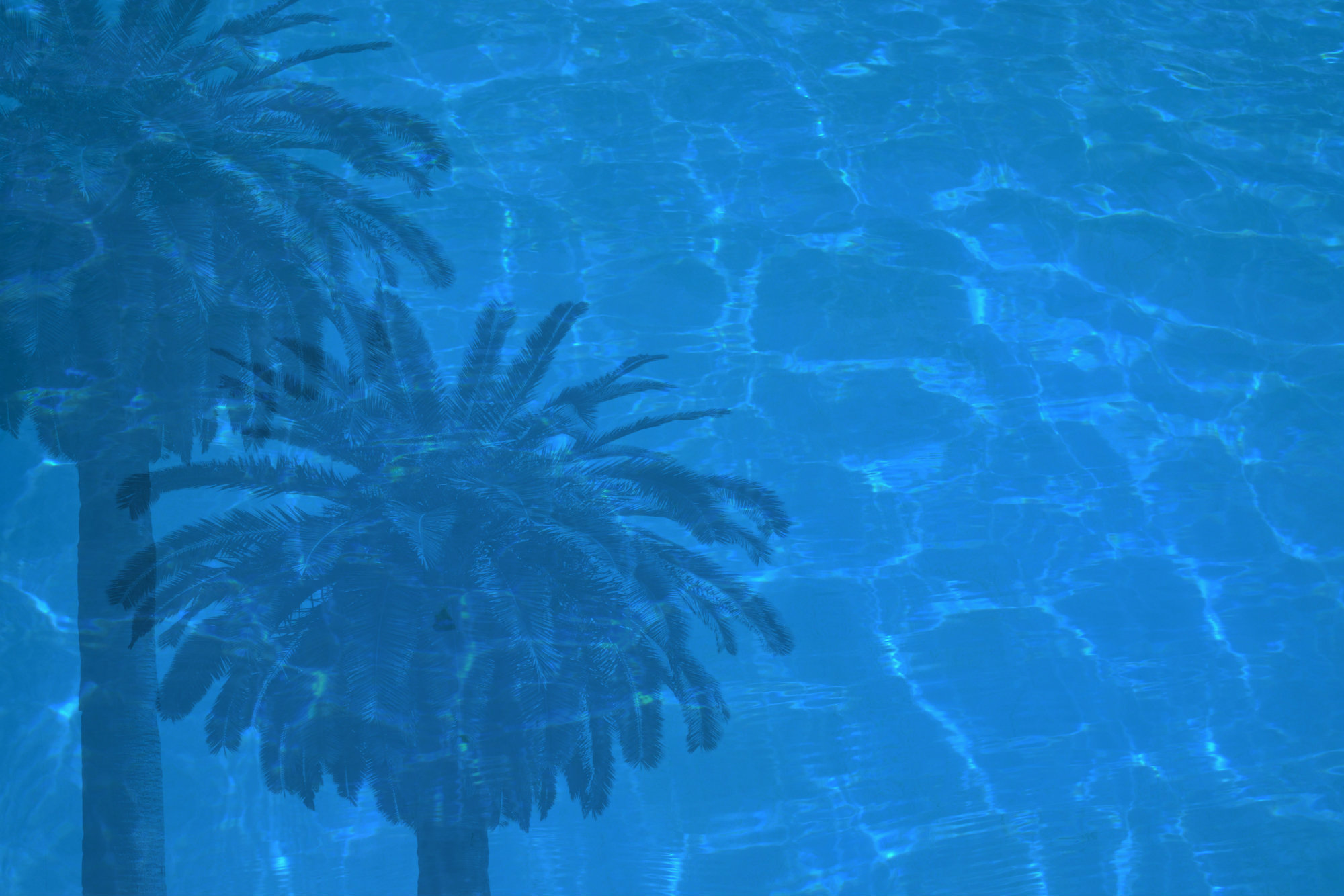Tim Murphy is wondering when the next generation of pool and spa buyers will make itself known.
In his market — the Phoenix Metro — most new home construction falls in the multifamily category. Developers are erecting apartment and condominium complexes in the city center when, two decades ago, the area boasted the country’s fastest rate of urban sprawl.
Local associates in home construction tell him this focus comes as a direct result of demand: Millennials aren’t interested in single-family homes. Talks with his own children and their friends seem to bear this out. “The younger people really don’t want the home maintenance, mortgage headache,” he says. “They just want to rent. You see it happening.”
He’s seeing the effects. Few of his clients were born in 1982 or after.
He’s not the only contractor to notice this. While Murphy and others report good, even record-breaking, sales this year, they’re looking to the future.
“It’s not a huge impact to us right now,” says Murphy, CEO of Presidential Pools in Gilbert, Ariz. “But it’s definitely something we would want to keep an eye out for.”
Will Millennials, by and large, purchase single-family residences — and, some day, pools and spas — at the same rate as their parents? How might their buying habits and preferences differ from previous generations? It’s hard to know at this point, but home buying statistics provide some clues for the first question, and industry professionals already have expectations regarding the second.
BY THE NUMBERS
Millennials do buy homes, and we are beginning to learn about their habits.
According to MetroStudy, a market intelligence company owned by Hanley Wood (parent to Pool and Spa News), home purchases for this group are signaling a major life transition for them. Buyers in this age bracket purchased 465,559 homes between January and June of 2015. In some markets, they represented the highest volume of home sales.
So far, almost 45 percent of Millennials own homes, representing 11 million households. They have less buying power than their parents currently do. In the first half of 2015, Millennials paid a median closing price of $275,100 on new homes and $168,500 for existing. For Generation X, the median prices was $318,600 for new, $205,500 for resold homes.
In many markets, this group is purchasing homes at what MetroStudy dubs the “family life” level, indicating middle- to upper-class families focused on their children. In some markets, most homes bought by this generation still fall under the “entry level” moniker.
MetroStudy also notes certain traits that may affect home-buying habits. The Millennial generation, which has surpassed the Baby Boomers in population, also is the most diverse generation we’ve seen, with Hispanics making up 21 percent, those of African descent 14 percent, and Asian/Pacific Islanders 6 percent.
Most of this group — 62 percent — have full-time jobs, earning an average of $70,637. Another 15 percent work part-time. The same proportion is job hunting, interning, going to school or volunteering. A significant portion — 27 percent — consider themselves underemployed.
More than half — 56 percent — are delaying at least one major life event, such as marriage, or home or car purchases, because of credit card debt. Their median marriage age is 30 — and the oldest of the generation are only 34. So, as of this year, only 33 percent have wed. However, 74 percent plan to at some point, and 70 percent want children.
And despite the talk about Millennials preferring to live in urban centers, MetroStudy research showed that 53 percent prefer suburban life over city or rural.
But homeownership is at least aspirational for this group, as 70 percent plan to own by 2020, and 62 percent plan to own a single-family home.
MetroStudy believes that Millennials will be just as likely to own homes as their older counterparts. But pools are another thing. They’re discretionary. And other factors may put up roadblocks to inground pool purchases. Not only is there the matter of income, but newer homes tend to have smaller lots, so there’s not much room for a pool, and access is tight to build. Plus, planned communities come with more amenities than ever to attract buyers. Those extras often include community pools, perhaps removing some of the urgency for getting one’s own.
So MetroStudy, which also tracks pool sales, believes it will take a while for Millennials to enter the inground pool market. This doesn’t mean they never will. “I think their time will come,” says Mark Boud, senior vice president of MetroStudy, based in Irvin, Calif.. “I think eventually Millennials will come into their own in terms of income and [other factors], and then we’ll see more of them … in terms of private swimming pools.”
ON THE GROUND
The experiences of pool professionals is bearing out much of this research.
It’s still fairly rare to see those in the Millennial age bracket purchasing inground pools at an age where other generations were. “We’re getting very, very few [in that age range] whereas, 15 years ago, we saw 20 percent of our customers in that age bracket,” says Paul Porter, president/CEO of Premier Franchise Management in Rancho Cordova, Calif.
Contractors who build exclusively high-end installations report even fewer clients from this category. Some haven’t seen any. “The information that I’ve gleaned from reading and listening [about Millennials] is that currently the Millennials are not my target audience,” said Skip Phillips, president of Questar Pools and Spas in Escondido, Calif., and a Genesis co-founder.
These professionals believe the reasons are more economic than cultural. Well paying jobs are harder for young adults to find, as Baby Boomers remain in the job force longer. Lenders are more conservative about approving mortgages than 10 years ago. In higher-priced markets such as California, it’s true that Millennials probably will live in apartments or condominiums significantly longer, but that’s because homes cost so much there.
It always helps to remember that people share more commonalities than they have differences. Professionals are banking on this, saying Millennials eventually will follow in their parents’ footsteps.
“My wife has a theory about this, which is that all this talk about Millennials wanting to live in urban settings, in lofts, and not own a car … that only lasts until they get married and have children,” says Greg Howard, president of buying group Carecraft, based in Carlsbad, Calif. “I think they’re going to want the American dream, which is a four-bedroom house with grass around it and a pool.”
Howard saw this firsthand with some industry acquaintances. They were young and stylish, and they put a premium on being modern. “They were just as cool as it comes, until they each got married and had children,” Howard says. “Then they immediately bought houses … and were out in the pool every weekend pushing their kids around in the little floating rings just like when I was a kid.”
Porter believes that many in this generation will want to give their children some of the things they enjoyed in their formative years. “Once you get a house, you want to recapture [your youth],” he says.
Some younger industry professionals personify this. Michael Ciarrochi is one example. In his early 30s, the third-generation builder did what many of peers did — went to college and lived in the city — before coming back to his father’s company and starting a family. Now he has a home with a pool. He is seeing some of his non-industry friends take the same path.
“As long as they’re building new houses, I think there’s going to be an opportunity to build new pools,” says the design consultant with Armond Aquatech Pools in Philadelphia.
WHAT’S IN STORE
Once they begin purchasing homes, pools can enhance the part of their lives that they already hold dear, such as their leisure time, some say. “And I think Millennials do like to entertain and spend time with their friends …” says Patrick Walls, CEO of buying group United Aqua Group in Las Vegas. “That’s going to be a good sign for the industry.”
A noted concern about health and wellness also holds a potential sales point for pools and spas.
A whole generation of Americans cannot be painted with the same brush, but Millennials display some traits and preferences that offer clues about future pool-buying habits.
They’ve grown up in the digital age, and where green issues are a concern. So Millennials likely will expect more automation and ability to save energy and water. “They’re becoming more popular with the older generations, too, but the Millennials will expect that at a minimum,” Ciarrochi says.
This yen for technology likely will apply to design presentation, as well. For Millennials, who grew up on the graphics and interactivity of computer games, this form of presentation may connect with them at a deeper level than for their parents.
This also falls in line with an even stronger desire for convenience than their parents had. This could bode well for the service segment. “Millennials don’t want to spend a lot of time caring for their pool,” Walls says. “So I think they’re going to look for great service people who can take care of their pool.”
But it also stands to hurt retailers because this younger generation may be more attracted to online purchases than brick-and-mortar stores. “I do think they may be prone to go to their phone and the internet first, but I think they’re also smart enough to shop around for a pool retailer that tends to their needs …” Walls says.
Millennials also have a more profound appreciation of uniqueness, Ciarrochi says, which likely will translate in a desire for more custom designs. “It’s not just going to be a mountain lake, a Grecian or a rectangle,” he says. “I think Millennials will definitely push the design capabilities of swimming pools further.”
Pool professionals also can expect future customers to demand instant access to pros even more than current ones do. And even more communication will take place via smart phone. “[Quick service] is something that I try to pride myself on, but it’s something Millennials just expect,” Ciarrochi says. “Same day service is an expectation.”
ON THE HORIZON
There’s another factor pertaining to Millennials that may boost the industry.
This is very long-term though, and may not come to pass until many of us have left the industry. Namely, the Millennial generation will experience a fairly massive cash infusion as they receive their inheritances.
“The Baby Boomers have a ton of money,” says Ciarrochi, who received his bachelor’s degree in economics. “A lot of prognosticators expect that to be good for the pool industry, because some of that wealth will be passed on. They say it may be the biggest wealth transfer in the United States. That’s going to have a huge impact on our customers.”


